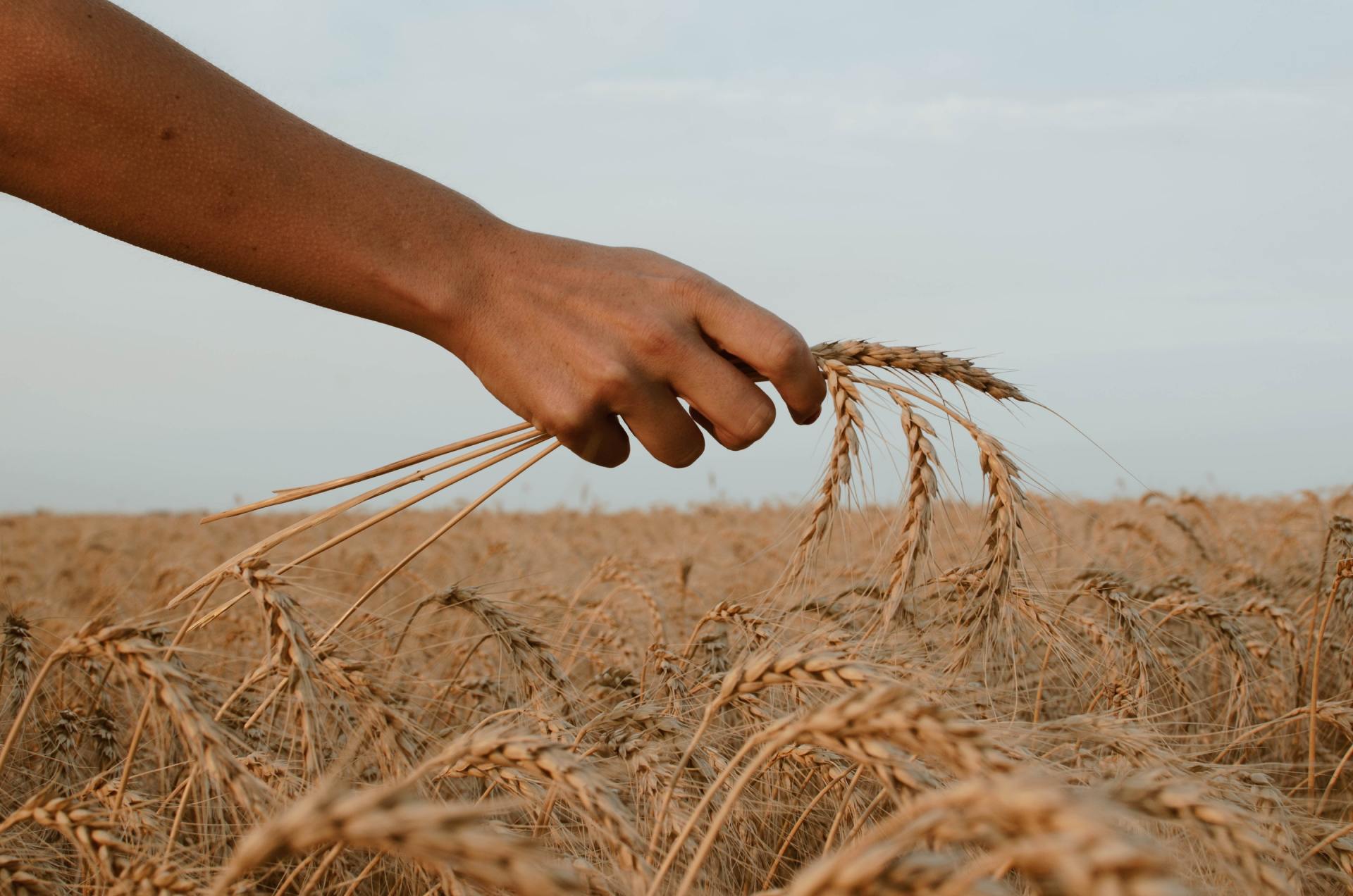Blog

Some of the most common misconceptions about gluten sensitivity is that suddenly this modern society is more complaining and "allergic to everything". That this problem didn't exist 50 years ago. Or that it's just a fashion and a fad, a dietary choice. There is no doubt that some people do choose to be gluten-free, perhaps as a healthier diet choice, or because they experience bloating and discomfort when eating bread and gluten products. These are all very valid reasons for following a gluten-free diet, and it is also a massive help in making gluten-free products much more widely available. However, some individuals don't have a choice whether to eat gluten or not, and their immune systems make that choice for them when coeliac disease is diagnosed. But even the numbers of diagnosed coeliac patients has increased dramatically in the last 20 years. Below, I discuss three possible reasons for increased gluten sensitivity nowadays.

One of the hardest challenges of going gluten-free is the social pressures around food. People assume you are not eating cake because its fattening and unhealthy (especially if you are under-weight due to coeliac disease). They may take this as a judgement on them eating the cake and want you to participate in sharing their "guilty secret". They may feel you are refusing their gift, their expression of love, that you are putting a "fad" above politeness and their feelings. Food is how we celebrate, it's how we often show love to others, it's how we come together and feel part of a tribe, whether our family, friends or our community. And this obviously doesn't stop at the cake - it is the whole buffet, the set menu at a wedding or work meal, or the home-cooked meal of family favourites.
Helping you feel happier and healthier
Axon Nutrition provides support to those living with immune and digestive issues and struggling to recover
Find us
Address
Chapel House Therapy Centre, 16 Old Street, Ludlow, Shropshire

